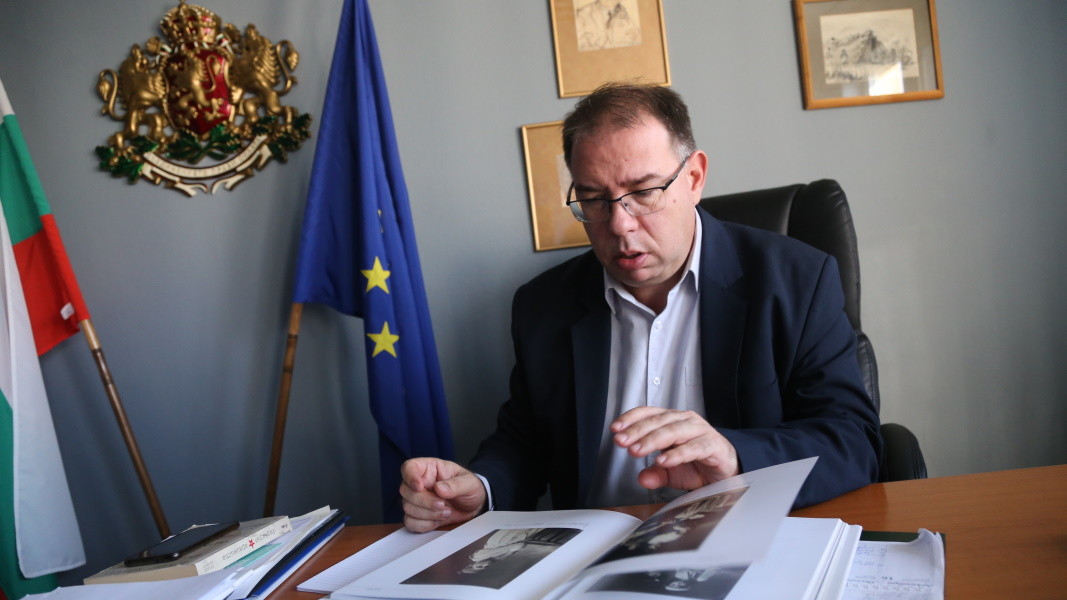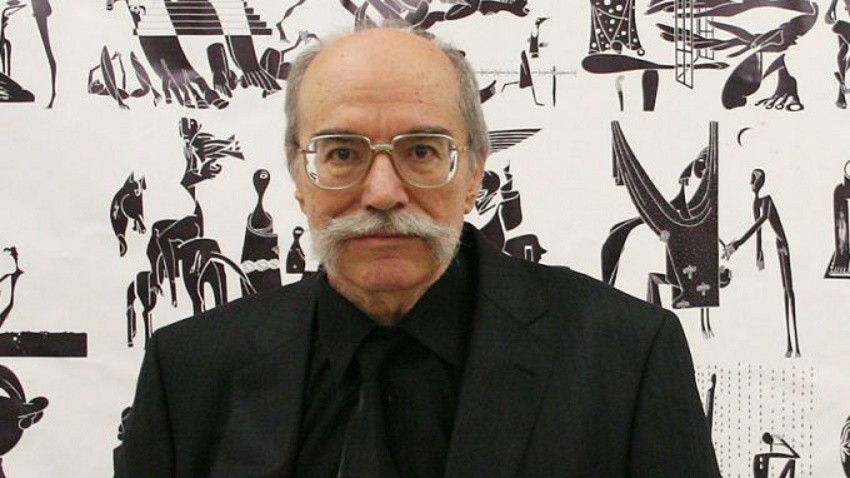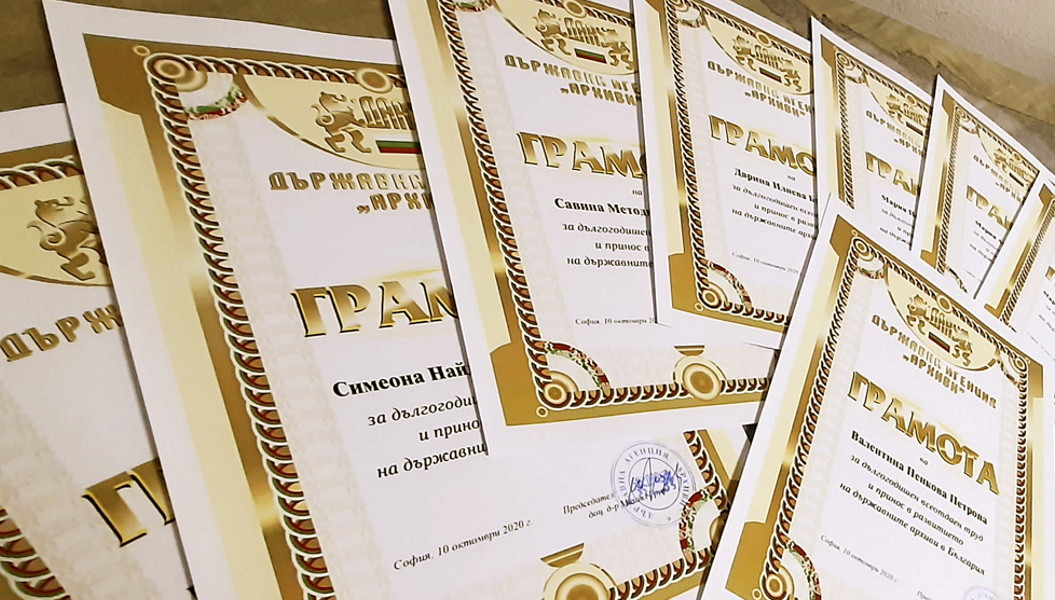What image will the coming generations build of their predecessors who lived in a time of a terrible epidemic, when the world was facing the unknown and still had no cure for the disease, depends mainly on the documentary evidence that we will bequeath to them.
"There is nothing new under the sun," says Mikhail Gruev, chairman of the State Archives Agency. The coronavirus is indeed new, but public reaction and action are routine, he added, returning to the era of cholera epidemics between the two world wars and the Spanish flu in 1918-19, which claimed 10 million lives. It turns out that even in that period people remained in their homes under quarantine, but unlike us, they relied much more on supernatural powers”.

"Fear is an individual experience, which at times becomes a collective one,” continues Mikhail Gruev. “But then faith in God mattered to people more - it gave them a worldview system that helped them deal with fear. While the world has now become more rational, we are trying to find strength in science, but we see that it is not always able to replace faith.”
It is too early to know what the documentary account of the year 2020 will look like in personal stories and public destiny. "This is too short a time in the archives," Mikhail Gruev explains. Indeed, in this half year the agency has already received the first documentary stories from private individuals, but by law the institutions will hand over their archives in at least 20 years.
In a time of more closed doors, however, the state archives turn out to be a hospitable home for other valuable artefacts. The agency already has a rich collection of works by the great graphic artist Ivan Gazdov - a master of poster art, visual communication and the author's genre of graphicatura, who has participated in more than 50 exhibitions. It is with the exhibition entitled "Prof. Ivan Gazdov - the Knight of Black and White" that the Archives state agency will mark today the holiday of Bulgarian archivists, which is celebrated on October 10.

"In the midst of the epidemic, Ivan Gazdov donated a huge collection of about 290 of his works to the Central State Archives, along with documents," says Mikhail Gruev. “In general, the last months have been very rich in donations affecting the life and work of artists. I mean the collections of Svetlin Rusev, Prof. Lyuben Prashkov and Lyubomir Savinov. I hope that the generations after us will appreciate these donations of significant names in the Bulgarian fine arts.”
On the festive day the best employees in the archive system will receive honorary diplomas. Attention will also be paid to people without whose donation gestures the well-deserved memory of the notable personalities who change the world would fade.

"The archives give new life to these documents, instead of them being thrown away in basements and attics”, says Mikhail Gruev. “Leaving them with us, their donors can be sure that we will store them properly. Because our task is to pass them on to future generations, as we received them from our ancestors. This is precisely the mission of the archives and I am pleased that it is understood by a wider circle of people and the donation of documents does not stop even in the event of an epidemic."
English Rossitsa Petcova
Photos: facebook.com/BulgarianArchives, BGNES, archivesThere are three special days on the calendar of the Bulgarian Orthodox church, on which believers pray to God and give alms to honour the memory of their dear departed. The three All Souls’ Days always fall on the Saturdays before Meat..
One frosty November morning in 1917, as World War I was raging, a Zeppelin L 59 took off from the air base near Yambol bound for Tanzania. The purpose of the flight was to deliver ammunition and materials to the German military units in a remote..
October 27 marks the 165th anniversary of the birth of Academician Aleksandar Teodorov-Balan, who was the first theorist of the Bulgarian literary language, phonetics and grammar. He was born was born in 1859 in the village of Kubey, Bessarabia...

+359 2 9336 661
